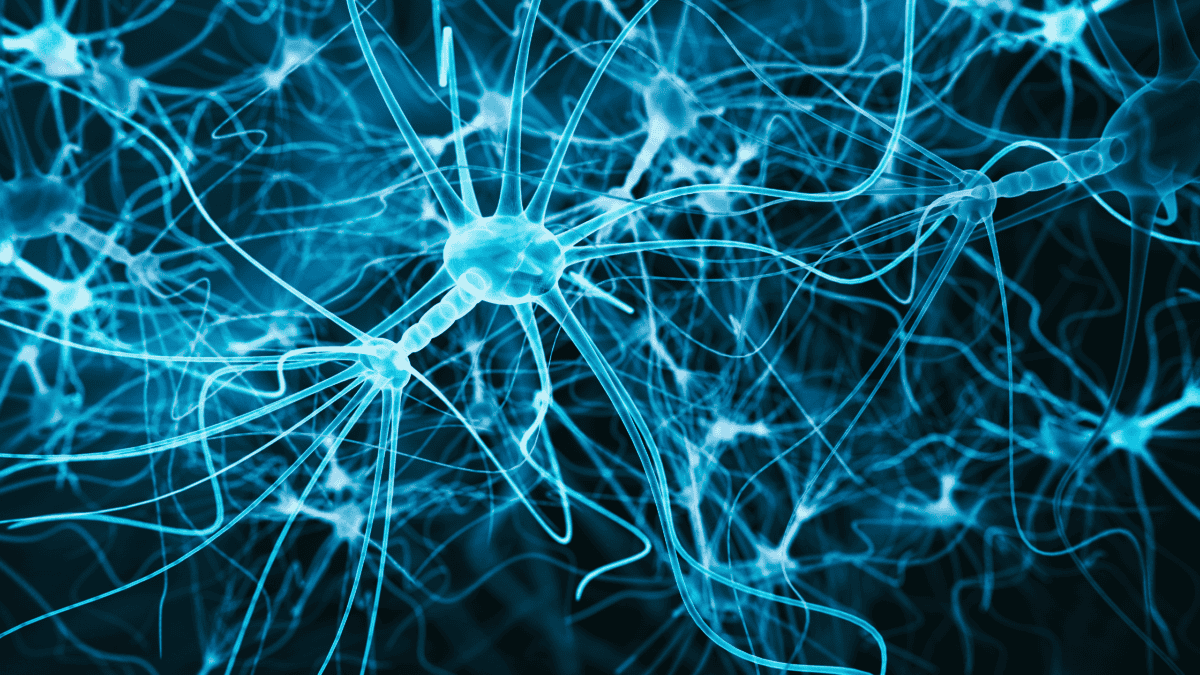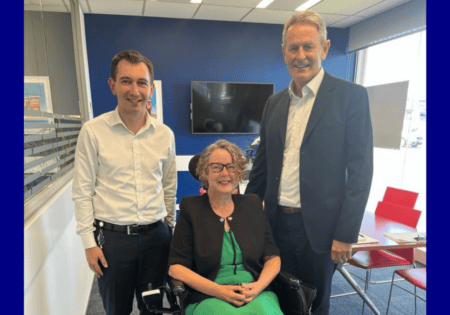Neurological Foundation grant – investigating the MND molecular crime scene
Research
5 September 2024

We are delighted to share that Dr Maize Cao has received a Neurological Foundation grant to study ALS.
Dr Cao, an early career Research fellow at the University of Auckland, says: “what makes development of therapies difficult, is that there are many genes that can cause disease (‘suspects’ of ALS). Beyond that, at the molecular level, there are many theories as to how the brain cells die off (many potential ‘murder weapons’). Together, this makes ALS a highly complex disease. However, there is a common feature in ALS pathology, and that is the dysfunction of a protein called TDP-43. Pathological TDP-43 is involved in over 90% of ALS cases, which leads many to believe it is the ‘smoking gun’ of ALS. However, TDP-43 is a difficult target to design treatments for, because there is a very fine balance that must be maintained between too much versus too little TDP-43. As an alternative, we can exploit the function of TDP-43 as an RNA-binding protein and see if its RNA binding partners could be ‘accomplices’ to ALS.
My research has a focus identifying TDP-43 accomplices, but I am also working on drawing up a map of the ALS molecular crime scene from a big-picture perspective. Working with collaborators from the USA, I utilise a technique called spatial transcriptomics, which allows me to simultaneously assess ALS genes, dysregulated pathways and RNAs that bind TDP-43 in brain tissue. This is like observing the scene of the crime by looking at the footprints of suspects, murder weapons and accomplices all together. From this big-picture data, I aim to generate hypotheses of what is going on at the molecular level and causing neuronal death. This information is key because we may find drug targets could be more widely effective for people living with ALS”.


